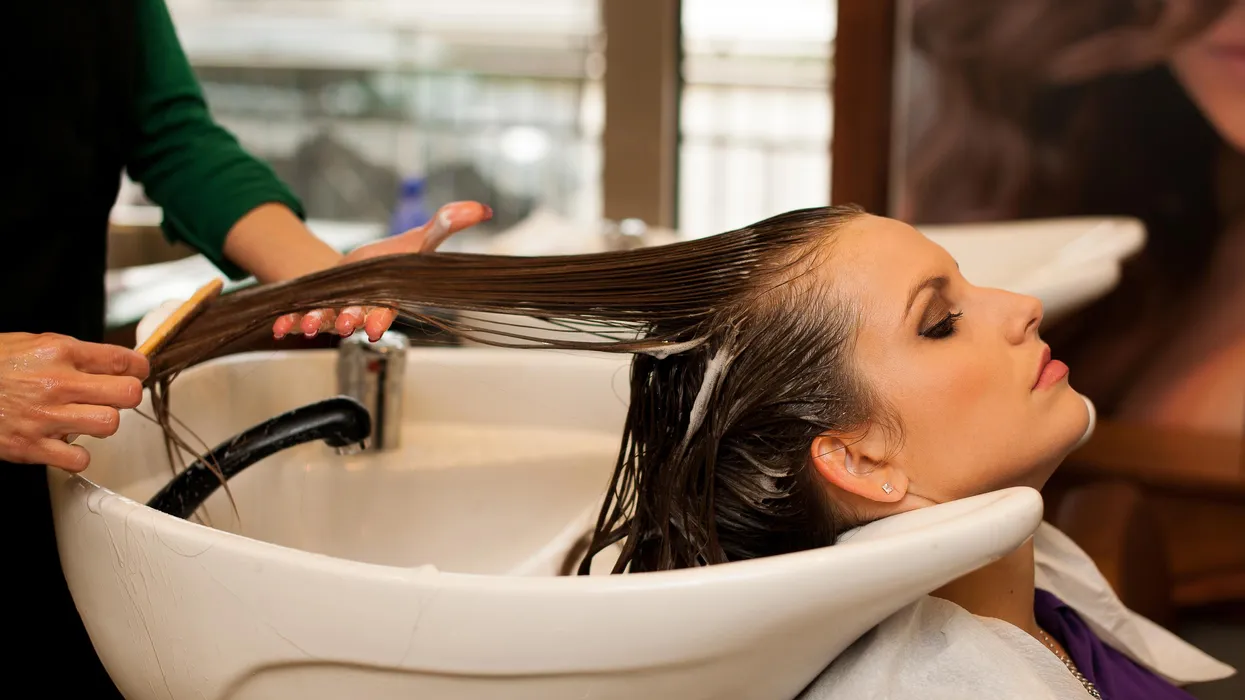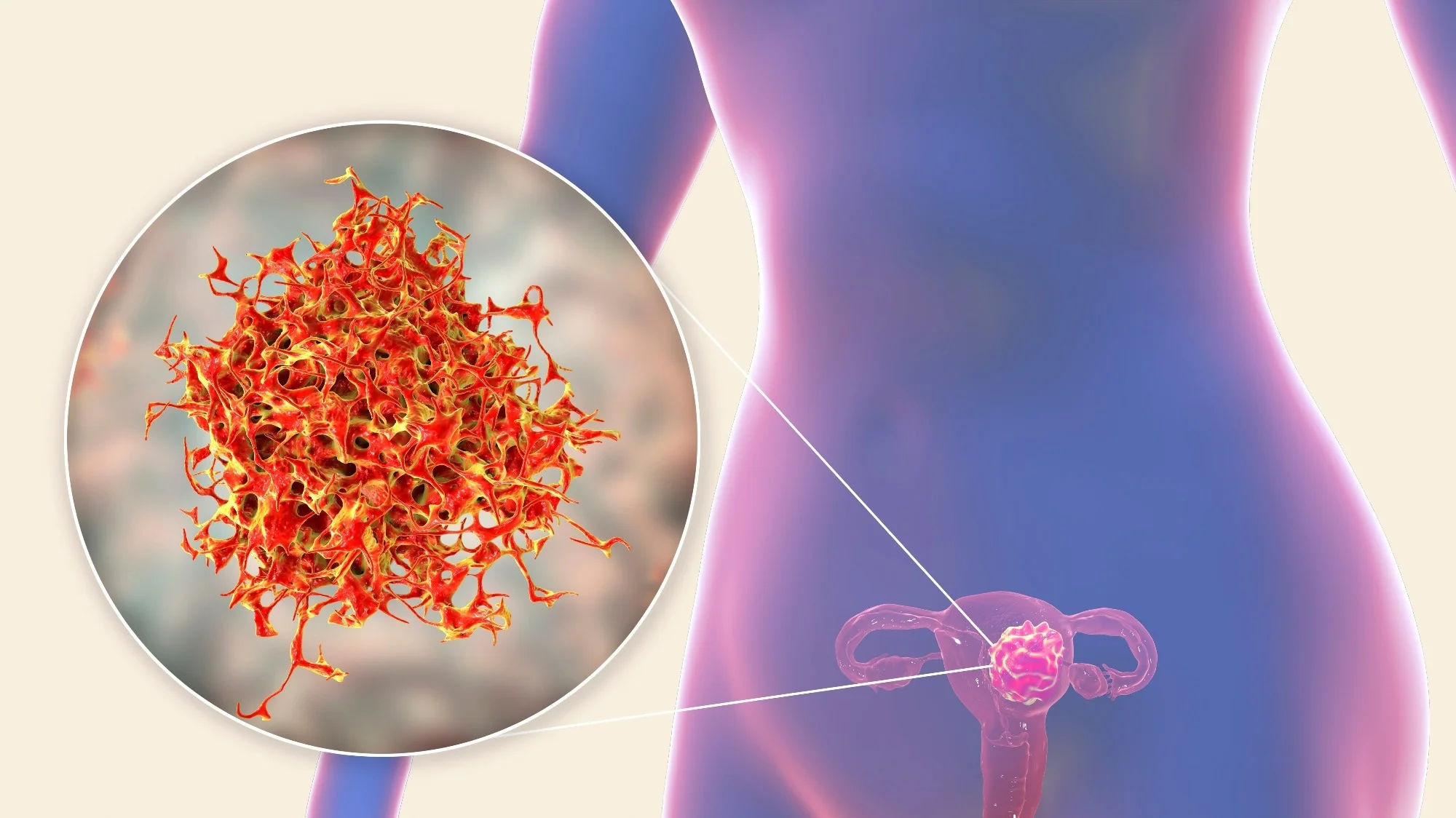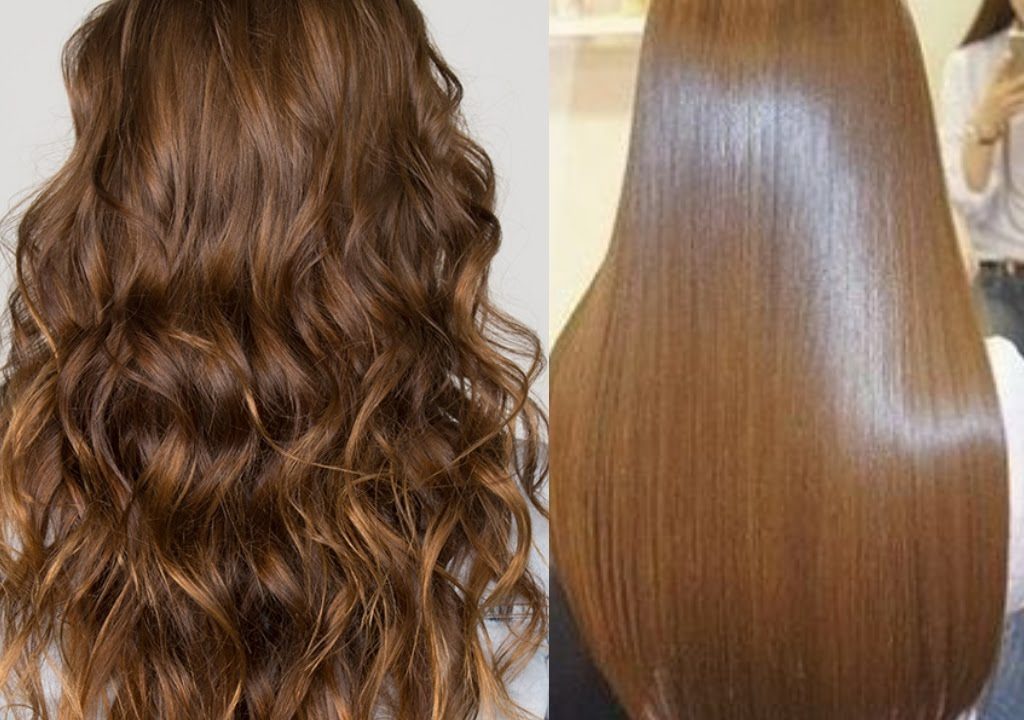With the evolution in the world of beauty comes big risks and health hazards. The more new expeditious hair products and hair equipment are being invented, the more it is leading us towards health risks. According to the National Institutes of Health’s (NIH) recent report, the risk of uterine cancer may be higher for women who use chemical hair-straightening products.
For many women, hair treatments are a must once a month, while others use hair straighteners and blow dryers in their daily routines. In order to look good and top-notch women go the extra mile, but are these ways healthy?
According to a recent study, women who used hair-straightening products more than four times in the previous year were found to be more than twice as likely to develop uterine cancer as those who didn’t.
The use of certain hair products, such as hair straighteners and dyes, is associated with hormone-sensitive cancers, including breast and ovarian cancers. This is the first study to examine how the products could affect uterine cancer risk.
Researcher Dr. Ashley Felix, who studies uterine cancer and healthcare disparities at the Ohio State University Comprehensive Cancer Center in Columbus, stated,
Although no prior study has specifically evaluated the relationship between hair-straightener use and uterine cancer, these findings parallel other analyses that examine the association between hair straightener use and risk of breast and ovarian cancers, providing biological plausibility.
The researchers did not collect information on the brands or ingredients of the hair products the women use but several chemicals that have been found in straighteners (such as parabens, bisphenol A, metals, and formaldehyde) may be contributing to the increased uterine cancer risk observed.
It is also believed that chemical exposure from hair products, particularly straighteners, could be more concerning than from other personal care products because of increased absorption through the scalp, which may be exacerbated by the burns and lesions caused by straighteners.
Since this is the only study to look at the association between hair-straightener use and uterine cancer risk, we would want to see these results replicated in independent studies in order to have stronger evidence of a link, Dr. Felix added.
More research is needed to confirm these findings in different populations, to determine if hair products contribute to health disparities in uterine cancer, and to identify the specific chemicals that may be increasing the risk of cancers in women, she concluded.











